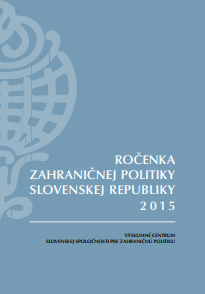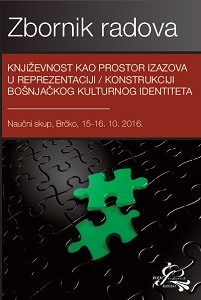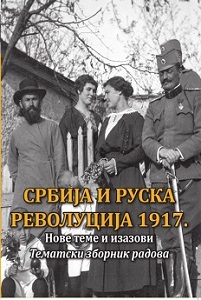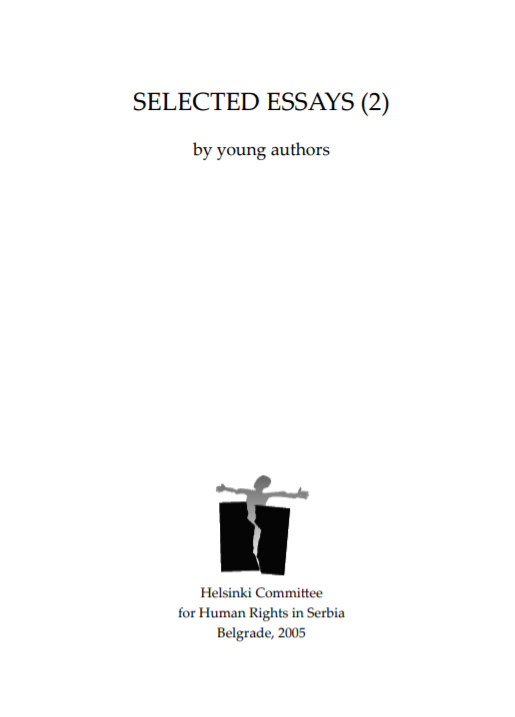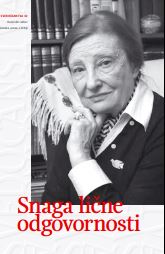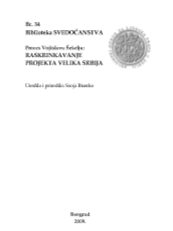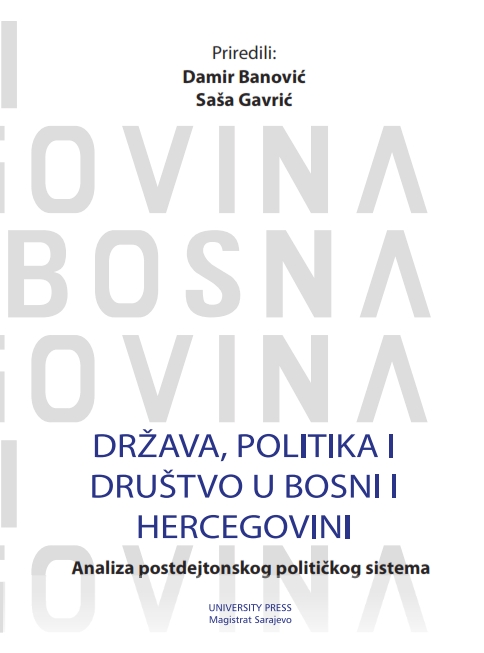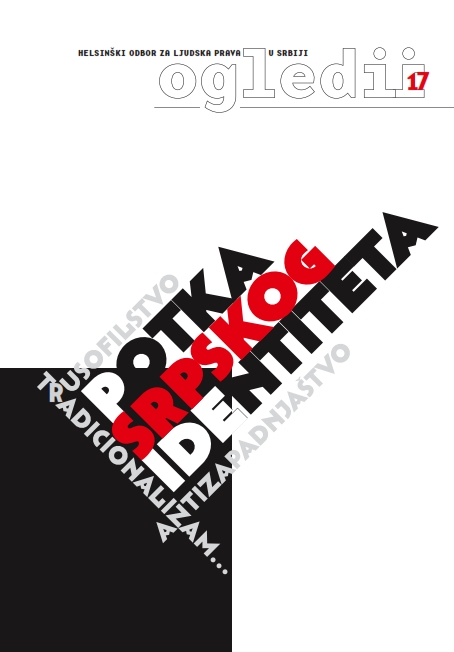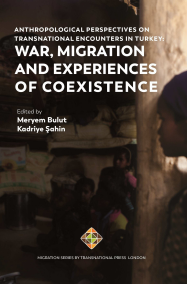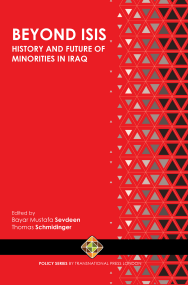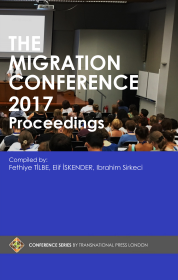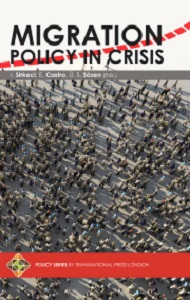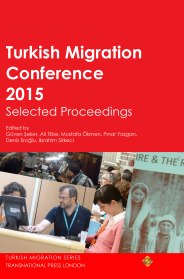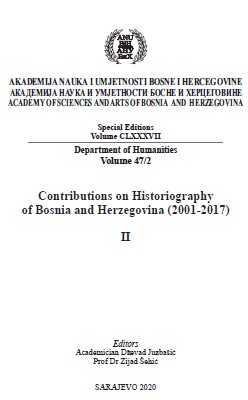
Tačka razlaza
Polemika u listu Vreme započela je člankom urednika u broju od 1. avgusta 2002, a nastavljena je u Pošti i Reagovanjima i trajala je neprekidno punih petnaest nedelja. Uredništvo je oglasilo njen kraj u broju od 28. novembra 2002, objašnjavajući da pisama ima još, ali samo onih kojima čitaoci podržavaju uređivačku politiku lista. U polemici je objavljeno 78 pisama (uključujući i tekst urednika D. Žarkovića), koje je napisalo 50 autora. Urednik i članovi redakcije su imali 8 priloga (Žarković - 1, Stefanović - 2, Milošević - 1, Cerović - 4) i jednu intervenciju u broju od 3. oktobra, u osmoj nedelji polemike, kada su naveli da osećaju nelagodnost "zbog usamljene pozicije g. Popovića u njegovom naporu da održi razgovor o jednoj od najvažnijih tema srpskog društva". Sa druge strane, najveći broj tekstova (9) napisao je Srđa Popović, osnivač lista Vreme. Od ukupnog broja učesnika polemike, desetoro se javilo po dva puta, a četvoro tri, odnosno četiri puta, što znači da je 43 pisama napisalo 15 autora, dok je ostalih 35 javljanja bilo od 35 drugih autora. "Na strani" Vremena i "na strani" oponenata objavljen je precizno jednak broj tekstova. Uz polemiku, uredništvo je objavilo i nekoliko "priloga": dva intervjua Srđe Popovića data drugim novinama, jedan apel iz 1999. upućen NATO-u i jedno privatno pismo iz 1999. upućeno Sonji Biserko, koje se, po navodu pošiljaoca, "vrtelo" na nekoliko veb-sajtova. Polemika je započela tekstom glavnog urednika lista Vreme Dragoljuba Žarkovića Dehelsinkizacija gospođe Biserko kao odgovor na njene kritike upućene listu a sadržane u citatu navedenom u tekstu trećeg autora u drugim novinama. U početku je izgledalo da će se na napadu i odbrani Sonje Biserko lično, polemika i završiti. To se, međutim, nije desilo. Težište je sa ličnosti Sonje Biserko preneto na njene stavove, i u okosnicu polemike izdiglo se pitanje da li su stavovi - da srpska elita preko nezavisnih medija (B92 i Vreme) čini sve da zločin ne samo relativizuje već i deetnifikuje - tačni ili ne. Vrlo brzo i vrlo jasno kristalizovale su se dve opcije, jedna koju je zastupala pozicija (u ovom slučaju list Vreme i branioci) sa tezom da je izveštavanje lista objektivno a da zločine treba deetnifikovati jer je njihova etnifikacija isto što i "kolektivna krivica naroda", i druga koju je zastupala opozicija, koja je smatrala da list relativizuje zločine jer se ne može "deetnifikovati" etničko čišćenje, što ne podrazumeva.
More...
